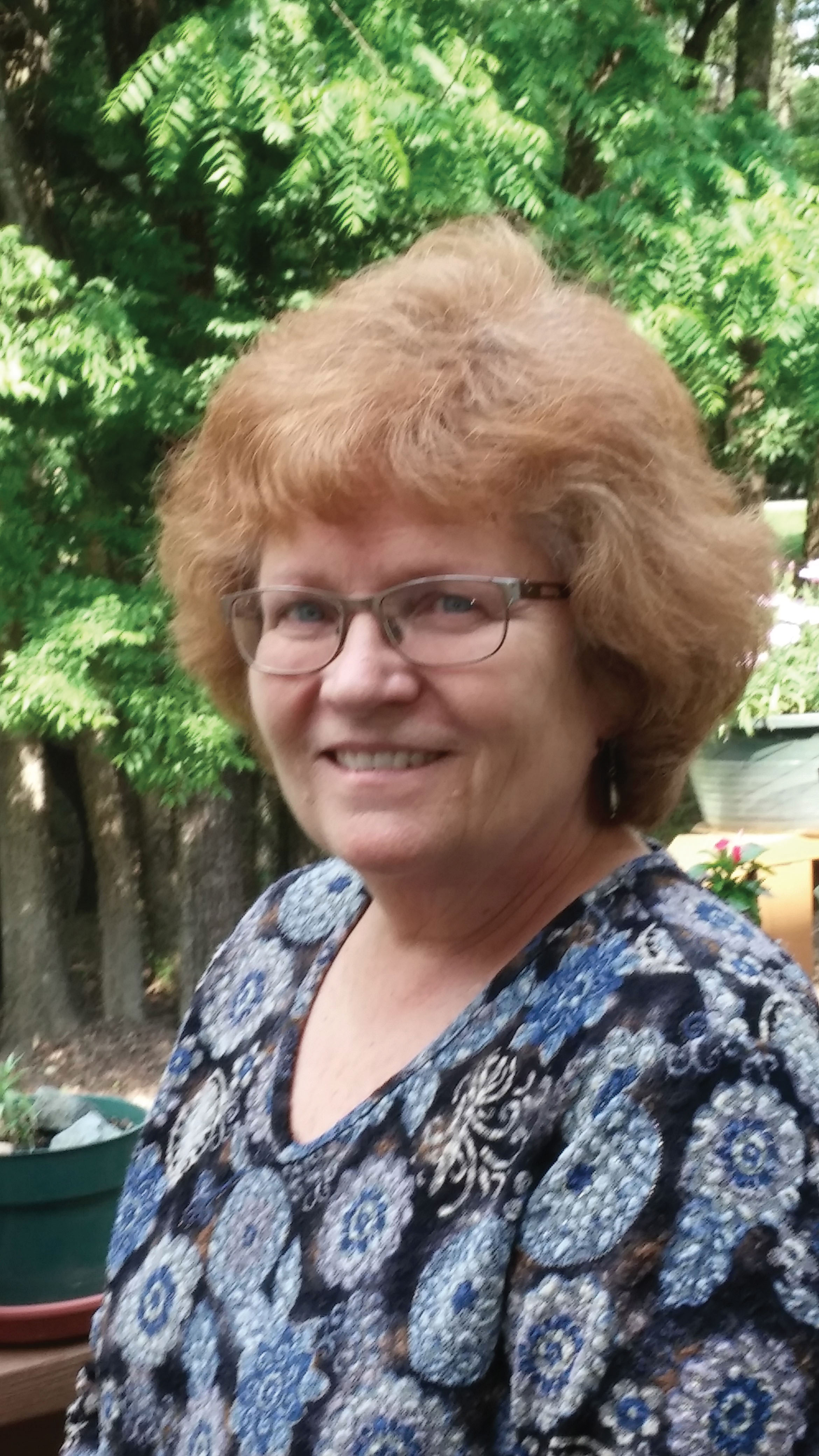How Does Nursing Certification Foster Lifelong Professional Development?
When I sat for the very first Certified Pediatric Oncology Nurse (CPON®) examination through the Oncology Nursing Certification Corporation (ONCC) in 1993, I had no idea how obtaining my certification would positively affect my career. I was one of four nurses from the University of North Carolina Hospitals who felt strongly as a group that we could and should pursue our CPON® certification, and we all passed the exam together.

Professionally, my CPON® certification gave me the confidence to go back to school to pursue my pediatric nurse practitioner degree and to become more involved in the Association of Pediatric Hematology-Oncology Nurses (APHON). The important lessons I’ve learned through the certification process apply personally, too. You don’t have to know everything, but the more you work to understand your broader role, the more opportunities open up for you.
In the early days, nurses had to retake the examination to maintain certification; now we can use a combination of practice hours and professional development points. But the field itself has expanded exponentially and we need to know so much more. Certification helps guide that. ONCC’s Individual Learn Needs Assessment has made it easy to identify areas for further study. Sometimes, I’ll find that I may be a bit rusty on a certain area if it’s not something I do frequently and that I need to learn more about that topic. Regardless of the method of recertification, the process helps nurses stay informed and be better prepared in their roles.
Many other nurses at my institution are also certified, and I know that I have them to help me find the best resources or get the answers to my questions. I always encourage other nurses to pursue certification as well: it just makes you a better nurse, and we all do better when we are surrounded by others who share our commitment.
When nurses are studying for the examination, I often tell them, “You will be surprised at what you will remember. Just imagine that you are at work—what would you do? You’ll always have your training to refer back to while taking the test. If you are unsuccessful the first time, try again!” Remember, you are not only making a commitment to yourself, but also to your patients. Just keep trying!
While I was serving on the APHON Board of Directors, I was asked to represent APHON as the liaison to the ONCC Board of Directors. That led to my current election as the CPON®/CPHON® representative on the ONCC Board of Directors. I am in my second, and last, three-year term on the ONCC Board. This has been a wonderful experience, and although I’ll be sad when it is over, I know that I will continue to stay involved in ONCC in some capacity.
In my 40-year nursing career, my CPON® certification is an endless source of personal pride. Frequently, my patients or their parents will ask me about my CPON® credential. When I explain what it represents, they are genuinely impressed and interested in the process. As nurses, we all carry our patient care experiences with us - some have been difficult and some absolutely fabulous. Every single day has taught me something and made me a better nurse.
Some of the original people who took the test with me back in 1993 have since retired. The new emeritus status being offered by ONCC is another way to recognize their efforts. This is how much ONCC certification means to us as nurses. It becomes part of our lives. I am not quite ready to retire yet—I’ll know when it is time—but when I do, I’ll continue to be proud that I became a CPON®.
